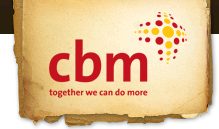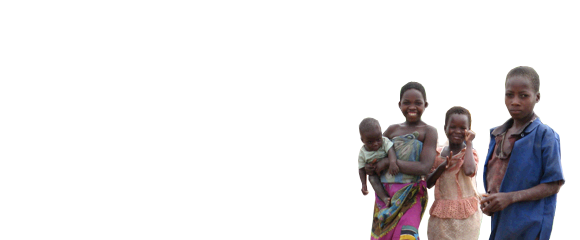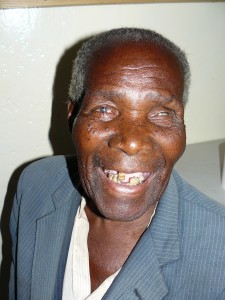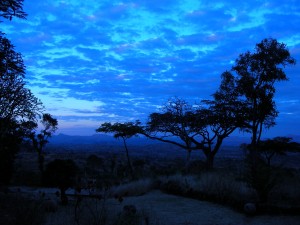Next week we have another Salima session. An extra ambulance of patients from the Lakeshore every day, referred by one of our close partners Malawi Council for the Handicapped, MACOHA. So a busy week ahead screening and helping two hundred or so people from Salima District, around a two hour drive from Nkhoma.
Mr Kambewa, the fantastic Clinical Officer and Cataract Surgeon here at Nkhoma, does a large amount of the work in theatre. Operating patients cataracts with high quality and high volume!
One of the jobs that falls on me however is operating all glaucoma patients (the surgery is a bit longer… around 30 minutes instead of 8 minutes for cataract surgery, and a bit more tricky with all the small stitches); and also all the patients who need cataract surgery, but have only ‘one eye’, in that the other is blind from a cause that we cannot treat.
A number of patients come to Nkhoma blind. That is they can perhaps see a finger or two at 3 metres from them. Sometimes even less, only able to see a hand waving in front of them, or even just able to see light and dark but no detail at all. A number of these patients are blind in one eye because of something that we can do nothing about. A large scar on their cornea, very high pressure in the eye and end-stage glaucoma, trauma, previous infection or severe problems at the retina at the back of the eye. It often happens that then the other eye (which in effect is their only ‘good’ eye) is severely visually impaired because of cataract.
It falls on me to have a chat with them about surgery, and then go ahead and do the operation if they agree and consent. In the operating theatre, you take a deep breath, relax and go ahead and perform the cataract surgery calmly as you would any eye (trying not to think that this is their ‘only eye’, and that you kind of have only one shot).
Mr Jamison is 83 years, and came to Nkhoma from Mchinji, near the Zambian border, with one of our mobile clinics. He has been blind in his left eye for 50 years from trauma, since a thorn went into the eye. He can’t even see light from his left eye. He had over the past 11 years been finding it increasingly difficult to see with his right eye. In fact he said he has been blind for around 5 years. He couldn’t see his maize or other food, and some children sometimes would come and take his meat.
I operated his right cataract and thankfully it was a great success, and he was thrilled. He said he is going to celebrate by buying many fish!
I have operated cataracts on over 60 patients with ‘only one eye’ so far this year, and it fills me with joy and considerable relief to see them happy the next day!
Kuona kwa tsopano, Moyo wa tsopano







Malawi is worth seeing
This country is beautiful, and surprises me every day.
Chongoni Rock Art, Dedza
Just 45 minutes drive south is Dedza, the next market town along the road to Blantyre. If you turn off the main road and drive on the gravel road a few miles towards the Mozambique border, through villages and around a few hills, you come across an old church where the road ends.
Beyond this, its only a 30 minute hike up a totally random hill, with a local guide from the village who will spot you and be over to show you the way before you park.
Through a couple of maize fields, up and then to a rocky outcrop.
Chongoni rock art
This is a newly designated UNICEF World Heritage Site, the second in Malawi.
Stunning rock paintings some a few hundred years old. Others a thousand years old. In the middle of a hill, with no-one around. Just stunning.
Of course there is also Liwonde National Park, Mount Mulange, Nyika plateau. And of course Lake Malawi.
Kasankha Bay, and the reflection of a giant baobab
The third largest lake in Africa often seems like the sea. I love heading down when we can for a weekend relaxing by the beach, and enjoying the serenity.
Thumbe island sunset, Cape Maclear